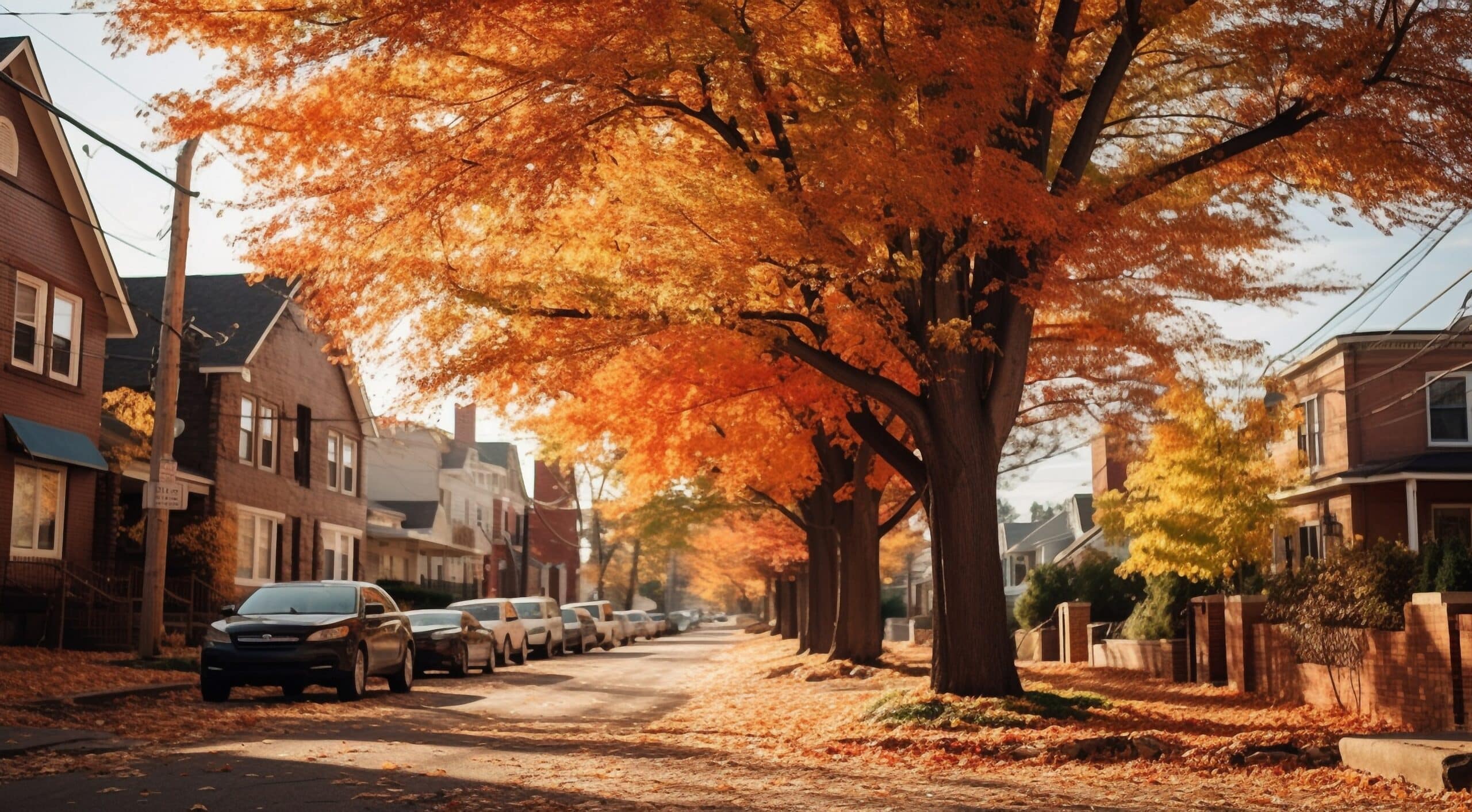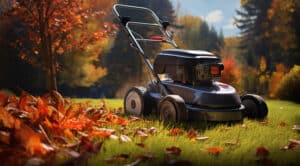How can you work towards banning leaf blowers in your city?
Key Takeaways
- Leaf blowers, especially gas-powered ones, contribute significantly to air and noise pollution.
- Joining or starting a petition can demonstrate community support for a leaf blower ban and exert pressure on local decision-makers.
- Contacting local representatives and engaging with them can ensure that concerns about leaf blowers are heard and considered in the decision-making process.
If you are concerned about the environmental and health impacts of leaf blowers and want to work towards banning them in your city, there are several steps you can take to make your voice heard and advocate for change. Leaf blowers, especially gas-powered ones, have been found to contribute significantly to air and noise pollution, negatively impacting both the environment and human health. By taking action, you can help create a cleaner, quieter, and healthier community for everyone.
Educate Yourself and Others
Before you can effectively advocate for a leaf blower ban, it’s important to educate yourself and others about the environmental and health impacts they have. Familiarize yourself with the research and studies that highlight the negative effects of leaf blowers on soil health, wildlife habitats, air pollution, and noise pollution. Understand the specific pollutants emitted by gas-powered leaf blowers, such as benzene, nitrogen oxides, and volatile organic compounds, and their contribution to climate change. By having a solid understanding of the issue, you can better convey your message and influence others.
Join or Start a Petition
One effective way to make your voice heard and show support for a leaf blower ban is by joining or starting a petition. Online petitions can gather a significant number of signatures and demonstrate widespread community support for the cause. Look for existing petitions in your city or consider starting one yourself. Highlight the environmental and health concerns associated with leaf blowers and emphasize the need for alternative yard maintenance practices. By mobilizing community support, you can put pressure on local decision-makers to take action.
Contact Your Local Representatives
Another important step in working towards a leaf blower ban is to contact your local representatives. Reach out to your city council members, mayor, or other relevant officials to express your concerns and urge them to take action. Provide them with the research and information you have gathered to support your case. Attend city council meetings or public hearings where the issue is being discussed and voice your opinion. By engaging with your elected officials, you can ensure that your concerns are heard and considered in the decision-making process.
Collaborate with Like-Minded Organizations
Find and collaborate with local organizations or groups that share your concerns about leaf blowers. Join forces with environmental advocacy organizations, neighborhood associations, or health-focused groups to amplify your message. By working together, you can pool resources, share knowledge, and increase your collective impact. These organizations often have experience in advocating for environmental and health-related policies and can provide guidance and support in your efforts.
Propose Practical Alternatives
When advocating for a leaf blower ban, it’s crucial to propose practical alternatives to address the concerns of those who rely on leaf blowers for yard maintenance. Educate yourself on the viable alternatives mentioned in the sources, such as manual raking or using electric leaf blowers. Highlight the benefits of these alternatives, such as reduced noise, lower emissions, and improved soil health. By presenting feasible alternatives, you can address the concerns of individuals who might oppose a ban due to the perceived lack of effective alternatives.
Engage in Public Awareness Campaigns
Create public awareness campaigns to educate the community about the negative impacts of leaf blowers and promote sustainable yard maintenance practices. Use social media platforms, local newspapers, and community events to spread the word. Share informative articles, videos, and infographics that explain the environmental and health consequences of leaf blowers. Encourage residents to adopt alternative yard maintenance methods and showcase success stories of those who have made the switch. Public awareness campaigns can help shift public opinion and build support for a leaf blower ban.
Stay Informed and Persist
Advocating for a leaf blower ban may not happen overnight, and it’s important to stay informed and persistent in your efforts. Keep up-to-date with developments in your city’s policies and regulations regarding leaf blowers. Monitor discussions and decisions made by local authorities, and be prepared to respond and provide input when opportunities arise. Continue engaging with your local representatives and community, and encourage others to join your cause. Change takes time, but with perseverance and dedication, you can make a difference in your city.
Related Websites:
- The Environmental and Health Impact of Leaf Blowers: A Call for Change
- Leaf Blowers Fall Short on Environment and Health
- Calgary Residents Petition for Gas-Powered Leaf Blower Ban
- Calgary Petition Calls for Ban on Gas-Powered Leaf Blowers
- Petition Pushes for Ban on Gas-Powered Leaf Blowers in Calgary
- Best Alternatives to Gas-Powered Leaf Blowers
FAQs:
Q: Why should I work towards banning leaf blowers in my city?
Banning leaf blowers can help reduce noise and air pollution, as well as protect public health. By advocating for a ban, you can make your city a quieter and healthier place to live.
Q: What are the potential health concerns related to leaf blower emissions?
Leaf blower emissions can contain harmful particles and chemicals that can irritate respiratory systems and contribute to respiratory issues. Banning leaf blowers can help improve air quality and reduce these health risks.
Q: How can I raise awareness about the negative impacts of leaf blowers?
You can educate your community by organizing informational events, sharing articles and studies on social media, or creating flyers and posters to distribute. By spreading the word, you can help others understand the need for a ban.
Q: What is the best way to effectively convey my concerns to local policymakers?
Establishing communication with local officials through emails, letters, or attending public meetings can be effective. Clearly articulate the negative impacts of leaf blowers and emphasize the benefits of a ban, such as improved quality of life and environmental preservation.
Q: Are there alternative methods for managing leaves and debris without using leaf blowers?
Yes, there are alternative methods such as using rakes, brooms, or electric leaf vacuums. These methods are quieter, produce no emissions, and can still effectively clean up leaves and debris.






